On December 13, 1779 in Celtic History
British goods are boycotted in ireland; armed volunteers parade in college green, dublin in november and demand 'a free trade or else'
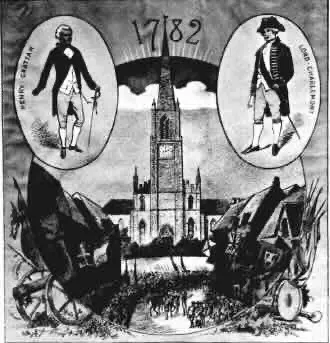
The satisfaction of demands for the removal of restrictions on Irish free trade in 1779, following a period of boycotts and demonstrations, represents a pivotal moment in Irish history. This event was a significant achievement for the Irish Volunteers and a crucial step in Ireland’s journey towards greater economic and political autonomy.
Irish Volunteers
The Irish Volunteers, a citizen militia initially formed in response to the threat of French invasion during the American Revolutionary War, played a crucial role in this movement. They became a powerful political force advocating for Irish rights and independence.
Economic Restrictions
Prior to 1779, Ireland faced numerous trade restrictions that hindered its economic development. Irish goods were often barred from direct export to British colonies, and certain Irish industries faced heavy competition from British counterparts.
Public Demonstrations and Boycotts
The actions of the Irish people, including the boycott of British goods and the public demonstrations on College Green in Dublin, were critical in applying pressure on both the Irish Parliament and the British government. These actions demonstrated the widespread public support for free trade.
‘Free Trade or Else’ Slogan
The slogan “free trade or else” used by the Irish Volunteers encapsulated the urgency and determination of the movement. It indicated a readiness to take further action if demands were not met, adding to the pressure on the governing authorities.
British Government’s Response
The British government’s decision to grant these demands was a significant concession. It indicated a recognition of the Irish Volunteers’ power and the unsustainability of the existing trade restrictions.
Legislative Independence in 1782
This achievement set the stage for further concessions by the British, leading to the grant of legislative independence to the Irish Parliament in 1782, known as the Constitution of 1782. However, this independence was still limited under the continued sovereignty of the British crown.
Long-term Implications
While this was a significant victory, it was part of a longer journey towards full Irish independence. The events of 1779 showed the effectiveness of unified public action and set a precedent for future political movements in Ireland.
Related Content

Shane Patrick Lysaght MacGowan, lead singer of the Pogues, died
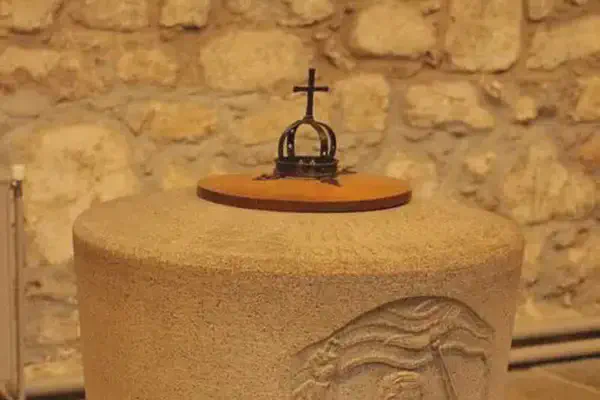
St Machar Day, patron saint of Aberdeen

Oíche Shamhna - Cetlic New Year Eve (Halloween)
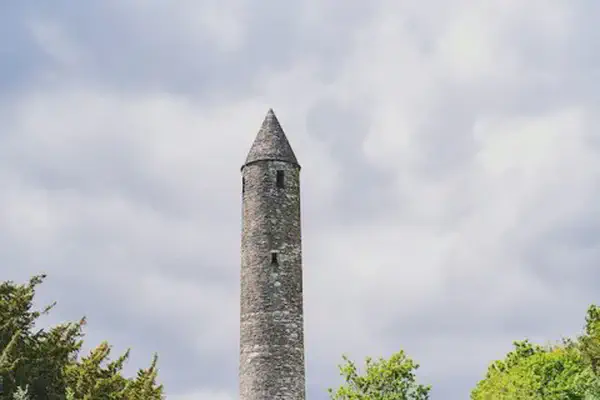
ALBAN ELFED (Welsh Bardic name for autumn equinox)
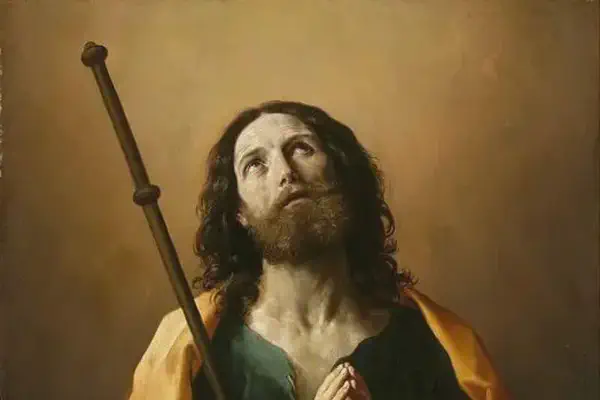
Feast day of St. James
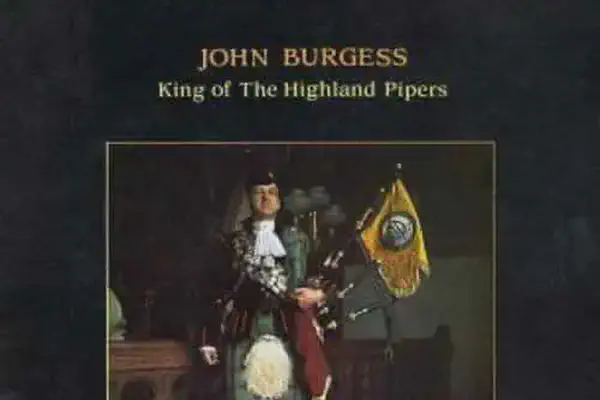
John Davie Burgess, King of the Highland Pipers, died at age 71.